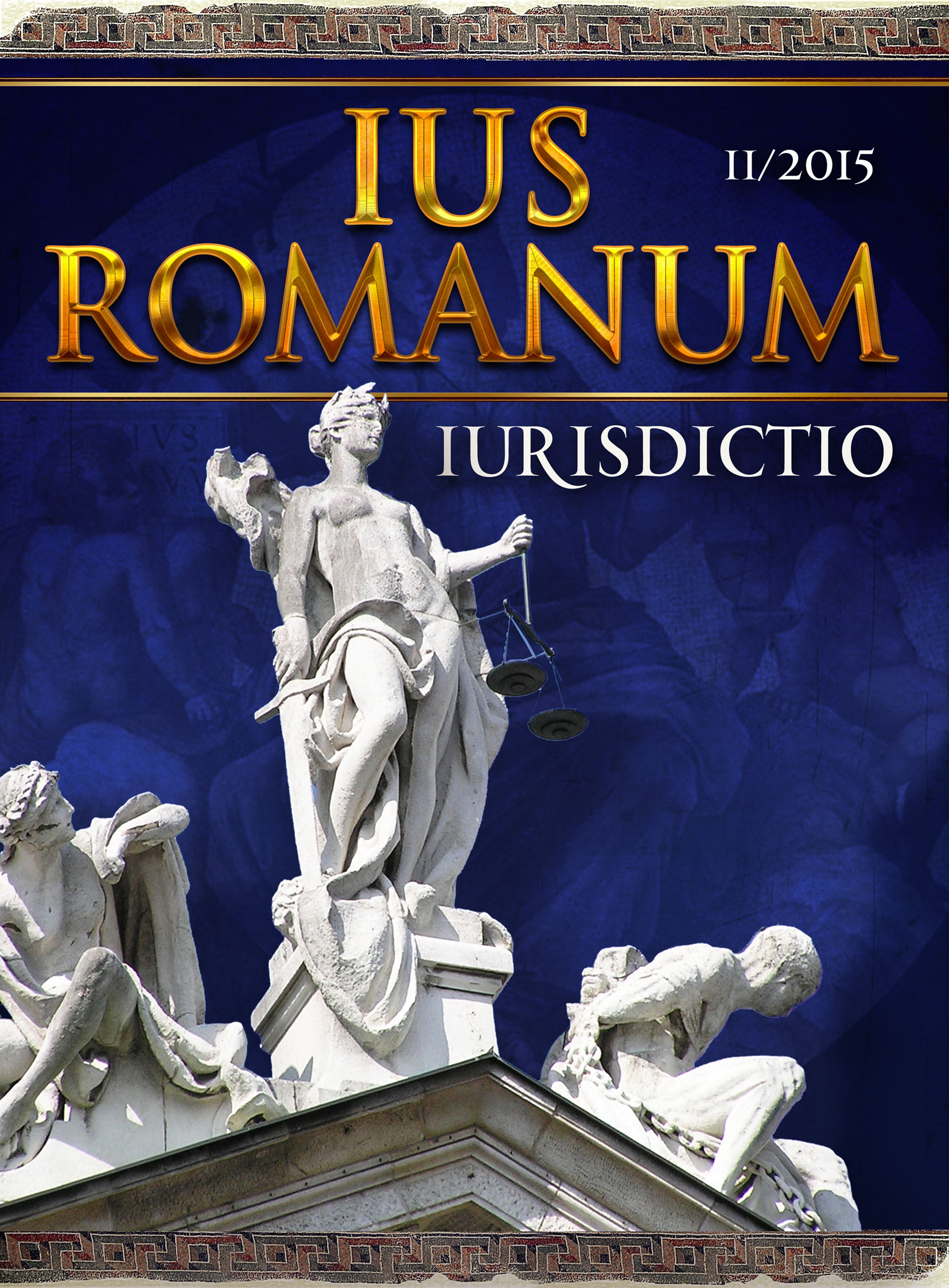ПРАВОРАЗДАВАНЕТО ВЪЗ ОСНОВА НА ФАКТИ И НОВИТЕ ПРИНЦИПИ НА РИМСКИЯ КЪСНОАНТИЧЕН ПРОЦЕС. ПРАВИЛОТО „UNUS TESTIS NULLUS TESTIS“
JURISDICTION ON BASIS OF FACTS AND NEW PRINCIPLES OF LATE ANTIQUE PROCEDURE. THE RULE „UNUS TESTIS NULLUS TESTIS“
Author(s): Salvatore PuliattiSubject(s): Law, Constitution, Jurisprudence, History of Law, Civil Law, EU-Legislation
Published by: Софийски университет »Св. Климент Охридски«
Keywords: Roman law; cognitio extra ordem; fact-establishing justice; testimony
Summary/Abstract: From the point of view of the reconstruction of the role and powers of the judge in connection with the the phase of the investigation of the process extra ordinem, the article seeks to individualize the boundaries of discretion and the possibilities for the judicial authority to intervene in collecting evidence and useful tools to form his conviction. On this plane, the primary tendency of the legislation during the Empire, confirmed already in Hadrian's era, to provide the judge with simple guiding criterion, according to which he would direct his own activities, was re-placed in the Constantinian period with the direction of among which particular importance is „unus testis nullus testis" aquired, no longer considered to be a simple criterion of reliability in which to assess witness testimony, but as a true eligibility criterion.
Journal: IUS ROMANUM
- Issue Year: 2015
- Issue No: 2
- Page Range: 237-263
- Page Count: 27
- Language: Bulgarian

